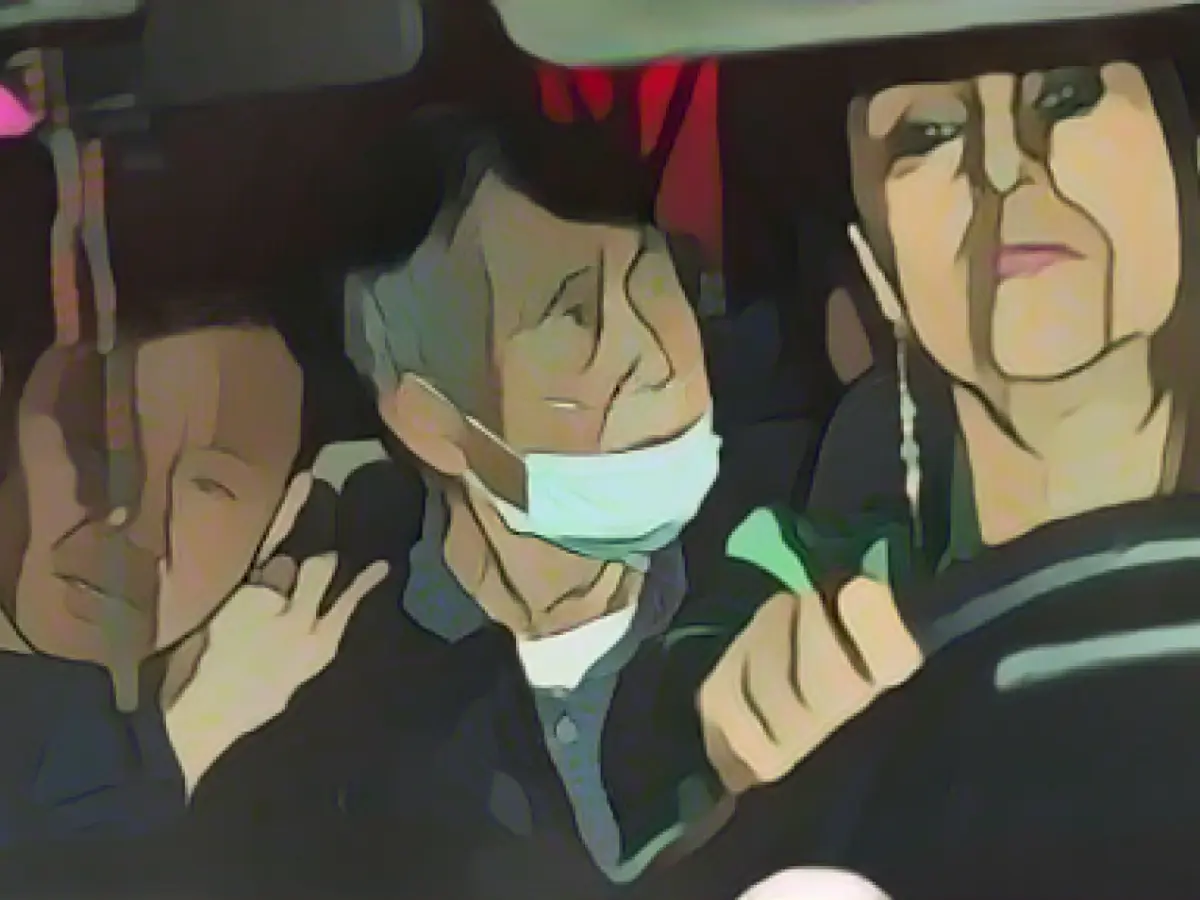Former Peruvian President Alberto Fujimori, convicted of grave human rights violations, walked out of Barbadillo prison in Lima following a ruling by the Constitutional Court. The octogenarian, accompanied by his kids Keiko and Kenji, hopped into a gray vehicle and drove away. Initial plans to stay with his daughter, leader of the right-wing party Fuerza Popular, were scrapped after the Constitutional Court affirmed Fujimori's 2017 pardon on humanitarian grounds, handed down by then-president Pedro Pablo Kuczynski.
Ignoring the Inter-American Court of Human Rights' request to delay execution of the court's decision, the Peruvian authorities released Fujimori, drawing widespread criticism. Under Fujimori’s rule from 1990 to 2000, the military was unleashed to root out left-wing and supposedly subversive forces, leading to Parliament's disempowerment. During this period, the Shining Path posed a perceived threat to the state, and tens of thousands of indigenous women were forcefully sterilized, an effort to curb their fertility.
Fujimori muscled his way into Lima's political scene, emerging as an unexpected candidate and defeating renowned writer Mario Vargas Llosa in the 1990 election. His pragmatic agricultural background and push for shock therapy quickly ended an economic crisis and hyperinflation, generating impressive growth figures. However, Fujimori undermined constitutional checks and balances by tossing out the bicameral system and limiting judicial powers.
Fujimori's ambition to serve a third term in 2000 was thwarted by the Montesinos scandal. His top spy, Vladimiro Montesinos, was videotaped dishing out a bribe to a lawmaker to defect to Fujimori's party. Fleeing to Japan, Fujimori was nabbed during a trip to Chile and sentenced to 25 years in prison for human rights violations committed under his watch. Following Kuczynski's pardon and the subsequent overturning of the decision, Fujimori was locked back up.
The global community, including human rights orgs, the Inter-American Court of Human Rights, and media outlets, have voiced varying opinions on Fujimori's release. The Peruvian administration, political parties, and public opinion remain divided, reflecting a deep rift in societal perceptions regarding Fujimori's control, crimes, and his release on humanitarian grounds.






